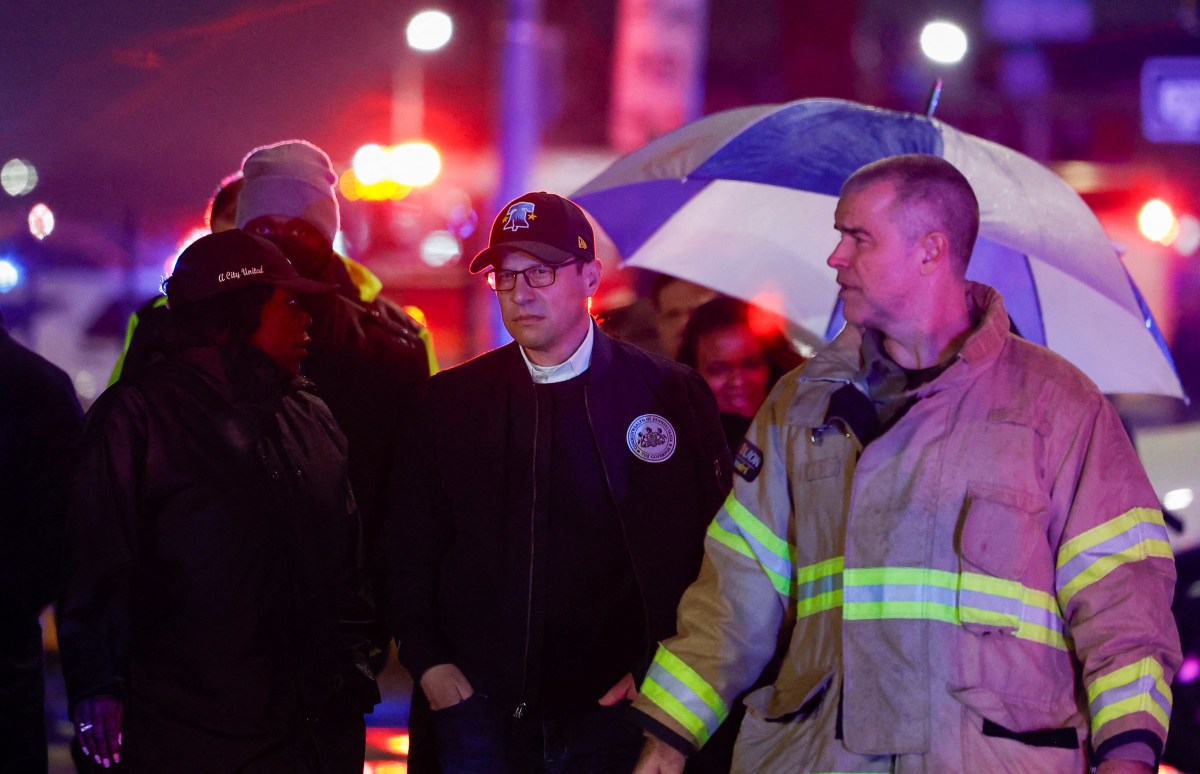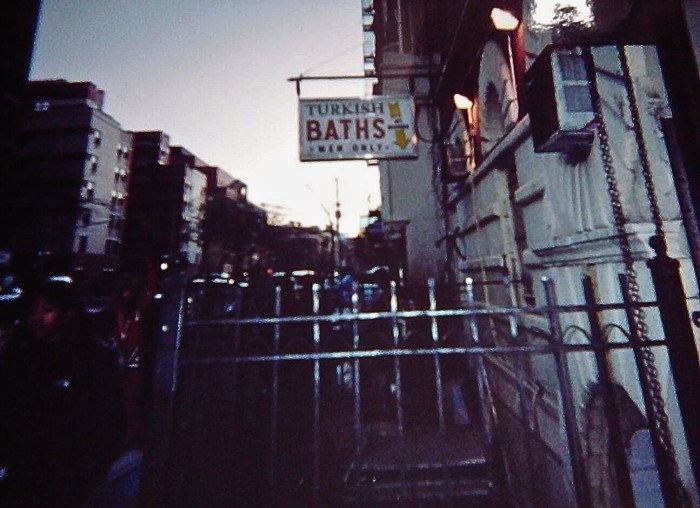A City Council bill that would mostly bar landlords from conducting criminal background checks on prospective tenants is facing intense backlash from a small group of council members, even as a majority of the body has signaled support for the measure.
The bill, named the “Fair Chance for Housing Act” – Intro. 632-A, would prohibit landlords from running criminal background checks on those applying to rent, buy or sublease apartments in the Big Apple, according to the council’s online summary of the bill. Sponsored by Keith Powers (D-Manhattan), the council’s Democratic majority leader, the measure would apply to those who’ve been convicted of a crime – or have a pending case – for a broad range of infractions, even murder and other high level offenses.
The bill, however, wouldn’t ban background checks for public housing units, those operated by the New York City Housing Authority (NYCHA), due to federal regulations or for registered sex offenders in New York state.
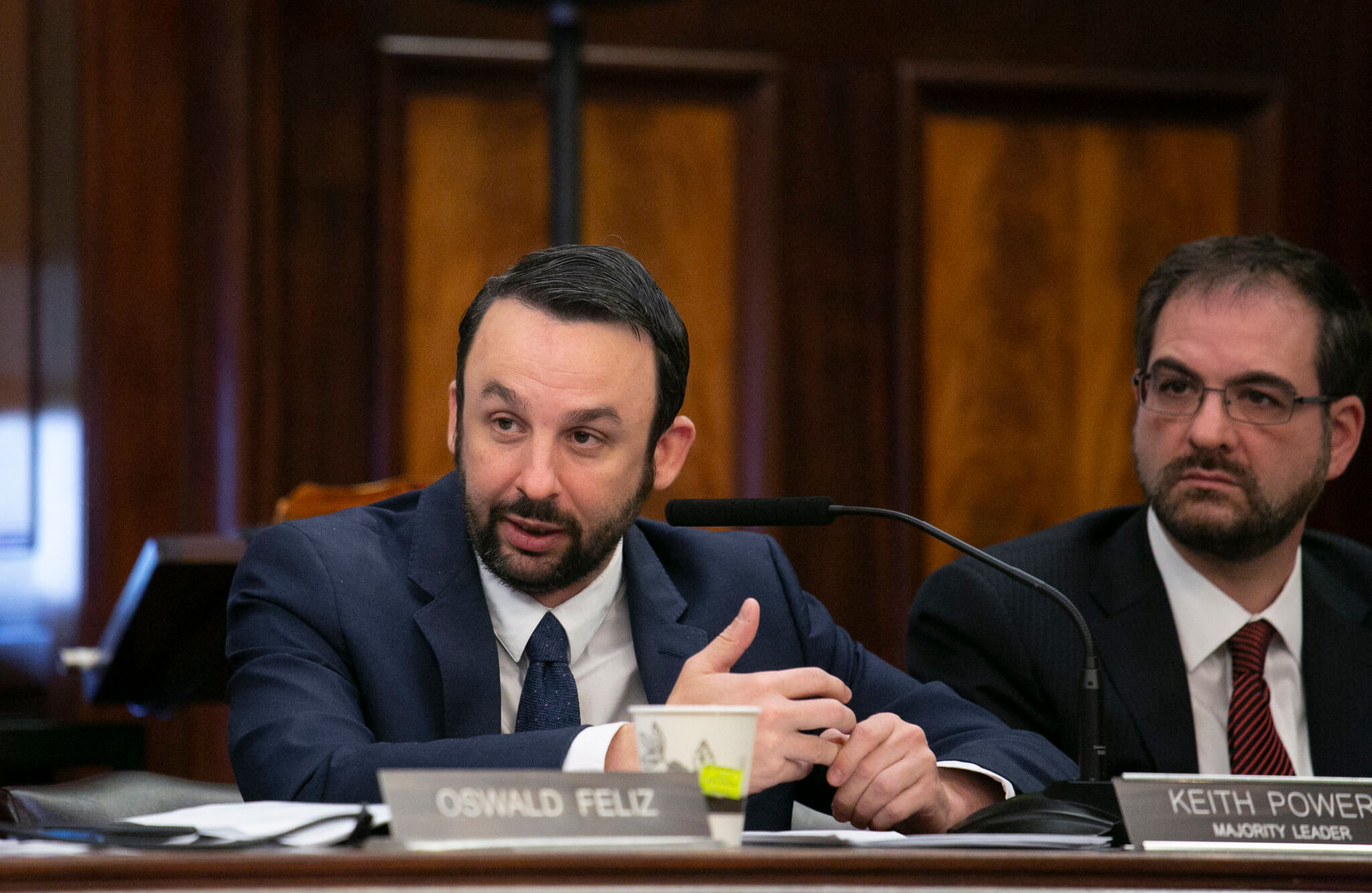
An earlier version of the legislation, sponsored by former Council Member Stephen Levin, failed to pass last year. The council’s Committee on Civil and Human Rights will hold its first public hearing on the legislation next Thursday, Dec. 8.
Proponents of the bill argue it’s necessary to combat a common form of housing discrimination that disproportionately impacts Black and brown New Yorkers, who account for 80% of city residents with conviction histories, according to advocates. Additionally, they say, housing is a stabilizing force, so giving people with criminal histories access to housing will reduce recidivism and make for a safer city.
Powers, in an emailed statement to amNewYork Metro, said this bill is another way for the city to alleviate its current housing and homelessness crisis.
“Our city is facing an urgent housing crisis, with thousands of people sleeping on the streets and in our shelters every night,” Powers said. “It’s more important than ever that we use every tool we have to lift New Yorkers out of homelessness, prevent recidivism, and ensure safe communities — and that starts with stable housing.”
“Public safety needs to be a priority but denying people and their families housing never makes anyone safer,” he added.
But Council Member Inna Vernikov (R-Brooklyn), as well as the council’s other four Republicans – and even some Democrats – are vehemently opposed to the bill in its current form. They argue the measure, if it passes, would put the lives of tenants who may end up living next to those charged or convicted of violent crimes in danger; and claim that landlords would be liable for any crimes committed by those with criminal histories who they couldn’t vet.
“To not even allow a landlord the option, the opportunity, to see what kind of crime somebody has committed in the past is completely unreasonable and all it does is it puts the lives and safety of law-abiding citizens in danger,” Vernikov said. “It will also drive out a lot of landlords from New York, because the liability will still be on those landlords if something happens in their building or on their property.”
Advocates for the legislation, however, said landlords wouldn’t be liable for potential crimes by tenants with criminal histories they couldn’t look into if the bill passes.

Vernikov said she would only throw her support behind the legislation if it were significantly amended: only barring landlords from discriminating against prospective tenants with a history of low-level offenses but allowing them to still reject those with more serious violent crimes on their rap sheets.
Shortly after Vernikov first raised alarm bells about the bill late last month, some press reports suggested it was on a fast track to becoming law with support from a majority of the council, including Council Speaker Adrienne Adams, and – according to one report – Mayor Eric Adams.
But, while 31 council members are co-sponsoring the bill, the speaker’s office pushed back on the idea that it’s imminently going to pass.
“There was some misinformation that was reported that this was going to be voted on immediately,” an official with the speaker’s office told amNewYork Metro. “It’s getting its first hearing. Like it’s not passing next week and unlikely to pass before the end of the year.”
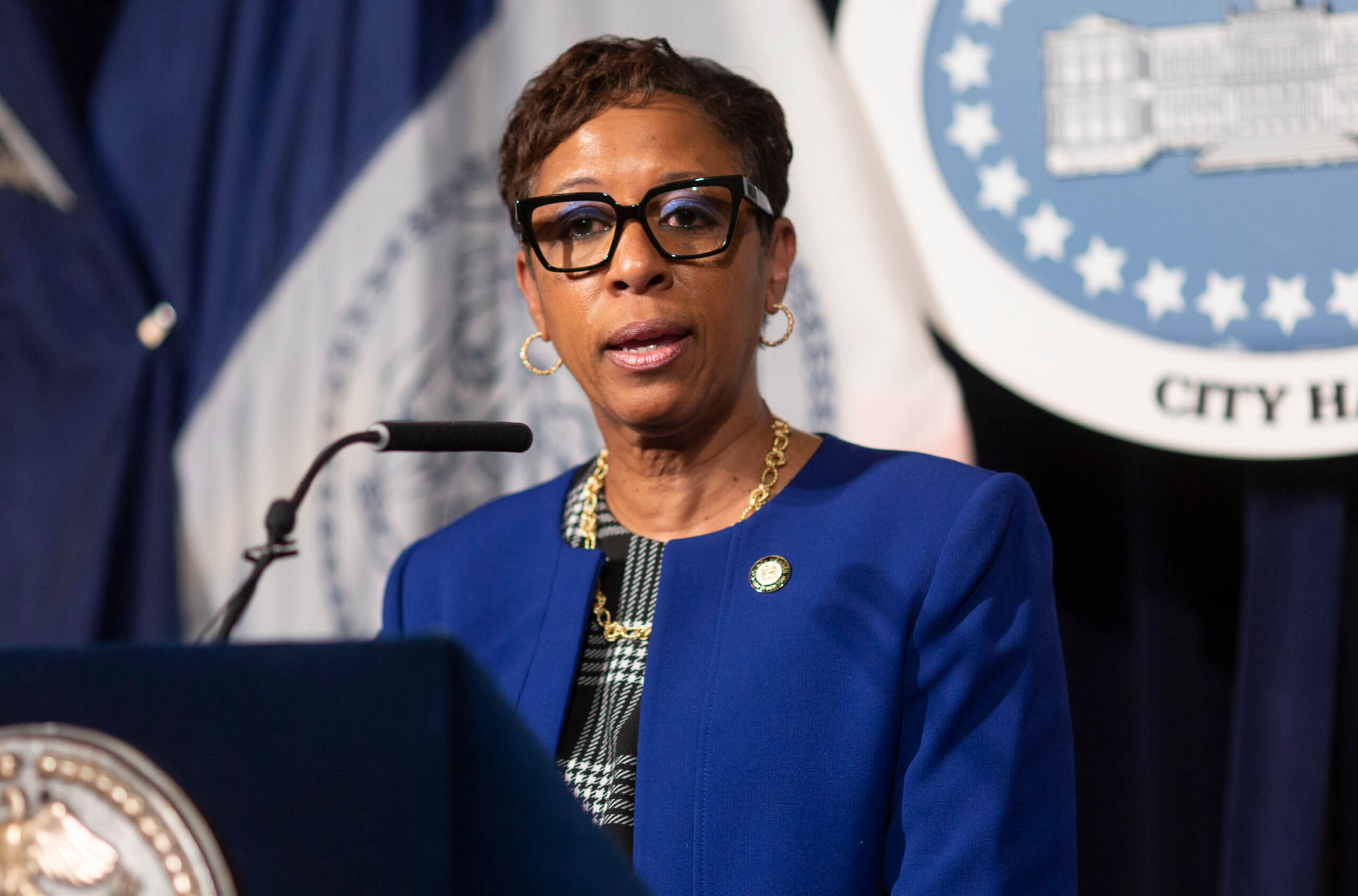
Similarly, Mayor Adams threw cold water on the notion that he’ll definitely sign the legislation as soon as it reaches his desk, saying he supports it “in theory” but with some caveats, during an unrelated virtual press briefing on his trip overseas Thursday morning.
“If someone is dealing with some heinous crime, people should know that,” the mayor said in response to a question from amNewYork Metro. “But if you were arrested because of theft of service or you were arrested because of trespassing, you know, I don’t think that a person should not be allowed to rent an apartment because of offenses like that.”
Andre Ward, associate vice president of The David Rothenberg Center for Public Policy at The Fortune Society – one of the groups backing the legislation, said his organization wants the bill to pass as it’s currently written. Meaning, Ward said, they’d fight the mayor’s and Vernikov’s desire to exclude higher-level violent crimes from the bill.
“We feel that while the mayor may deem that something should be put in place to look at heinous crimes, we don’t believe that that’s the right way to go,” Ward said, pointing to other cities that have passed similar legislation – like Seattle – where he said the bill has been effective.
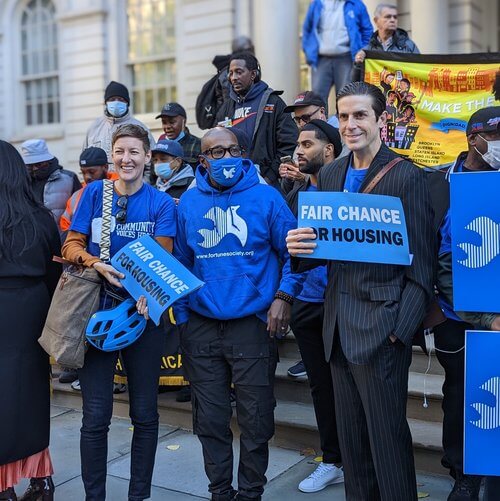
Ward, along with other advocates, argue there’s not enough data to support opponents’ argument that individuals with criminal records are more likely to be bad tenants, citing findings from the U.S. Department of Housing and Urban Development (HUD).
“There’s no scientific evidence of someone with a conviction history being a bad tenant, it just doesn’t exist,” Ward said. “And even HUD recently issued guidance saying that private landlords should consider not doing criminal background checks for that very reason alone.”
But on the other side of the debate, Vito Signorile, communications vice president at The Rent Stabilization Association (RSA) – which opposes the bill – reiterated Vernikov’s charge that removing landlords’ ability to run criminal background checks on prospective tenants endangers other residents. While Signorile’s group does believe in second chances for those convicted of low-level crimes, he said, they feel the bill goes way too far by outlawing background checks altogether, especially considering landlords would be on the hook for any crimes committed in their buildings.
“If you don’t have the ability to run a criminal background check and you rent an apartment to somebody who is notorious for setting fires in multifamily buildings, if something happens to your building because you rent it to that tenant, and you had no [way of] finding out what their criminal history was, it’s the landlord who’s going to be held responsible for that,” Signorile said. “So, the city really has to consider that here, when talking about major, major crime offenses.”
But advocates for the measure have made clear that there’s a line in the text of the bill which would prevent landlords from being held liable for any potential infractions by a tenant with a criminal record, as long as the landlord is in compliance with the provision.
“To the extent permitted by law, a covered entity’s compliance with this subdivision shall not constitute a basis for liability under other laws,” the bill reads.
This story was updated at 5:55 p.m. on Friday Dec. 2, 2022.
Read more: Experience Christmas Eve in Christiania’s Bohemian Free Town





